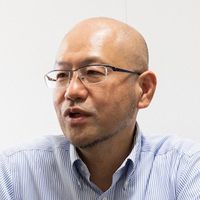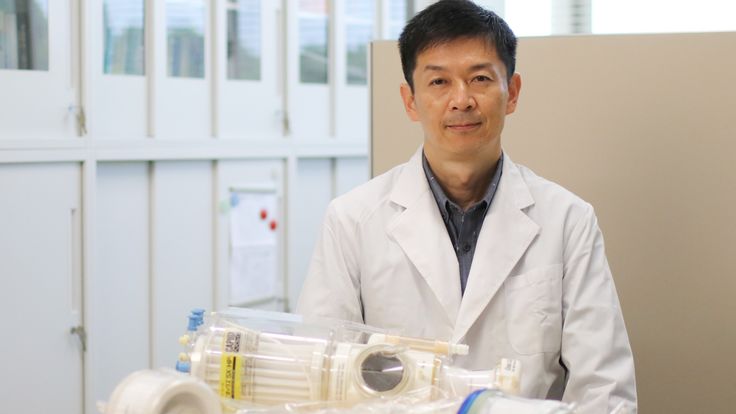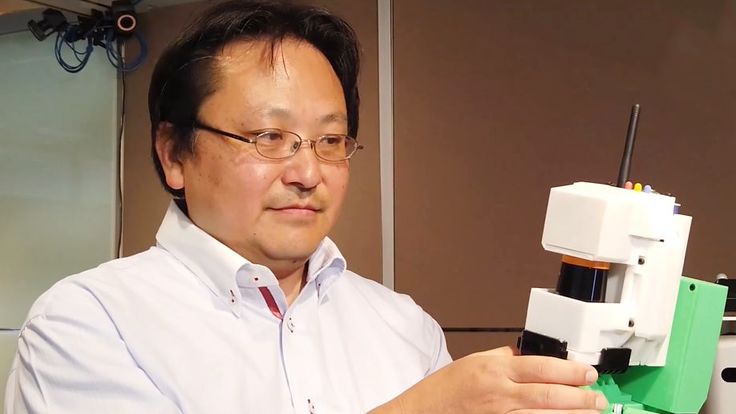Spinning the future of medicine with a century of silkworm research
with Prof. Takahiro Kusakabe
Plant and animal domestication is perhaps one of the seminal traits of humanity and arguably the first step into what we understand as modern civilization. Dogs and horses are the usual suspects when we think of domesticated animals, but one creature has impacted human history more than any vertebrate: the silkworm.
The domestication of silkworms (Bombyx mori) can be traced back nearly 6,000 years to China, with Japan’s sericulture beginning at least 2,000 years ago. The precious silk they produced led the way for global trade across Asia and, for a time, was even used in place of money in both Japan and China.
While silkworm silk still remains a luxury good, at Kyushu University, silkworms are producing materials that are—gram for gram—more valuable: proteins.
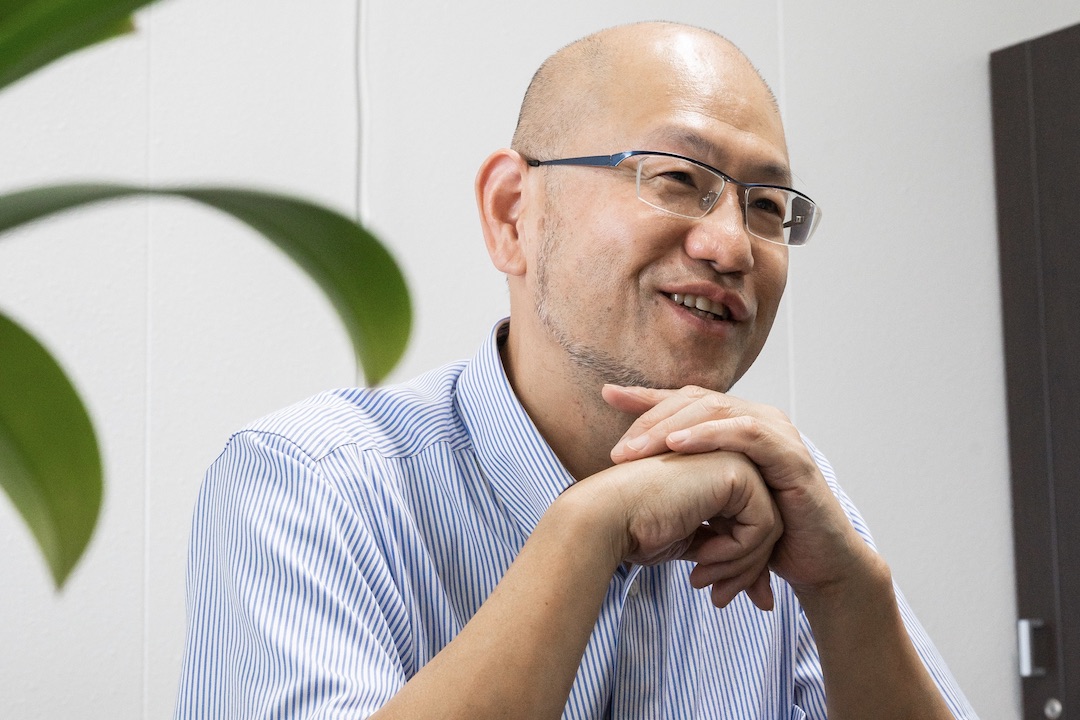
“These aren’t just ordinary proteins. We are using silkworms as highly efficient bioreactors that produce large quantities of specific proteins for medical use, such as components for vaccines,” explains Professor Takahiro Kusakabe of the Faculty of Agriculture, who some affectionately call ‘Dr Silkworm.’
“For one hundred years Kyushu University has cultivated silkworms for academic purposes. Today we are moving forward into a new frontier of bioresource science with our silkworms leading the way.”
Silkworm research is unequivocally part of the university’s DNA. In 1910, Professor Yoshimaro Tanaka began his records of silkworm genetics, cataloging inheritable traits and morphology. This was formally integrated in 1922 with the foundation of the School of Agriculture and the Silkworm Lab. Continuing Tanaka’s legacy, professors and students alike have meticulously recorded the genetic patterns of these insects.
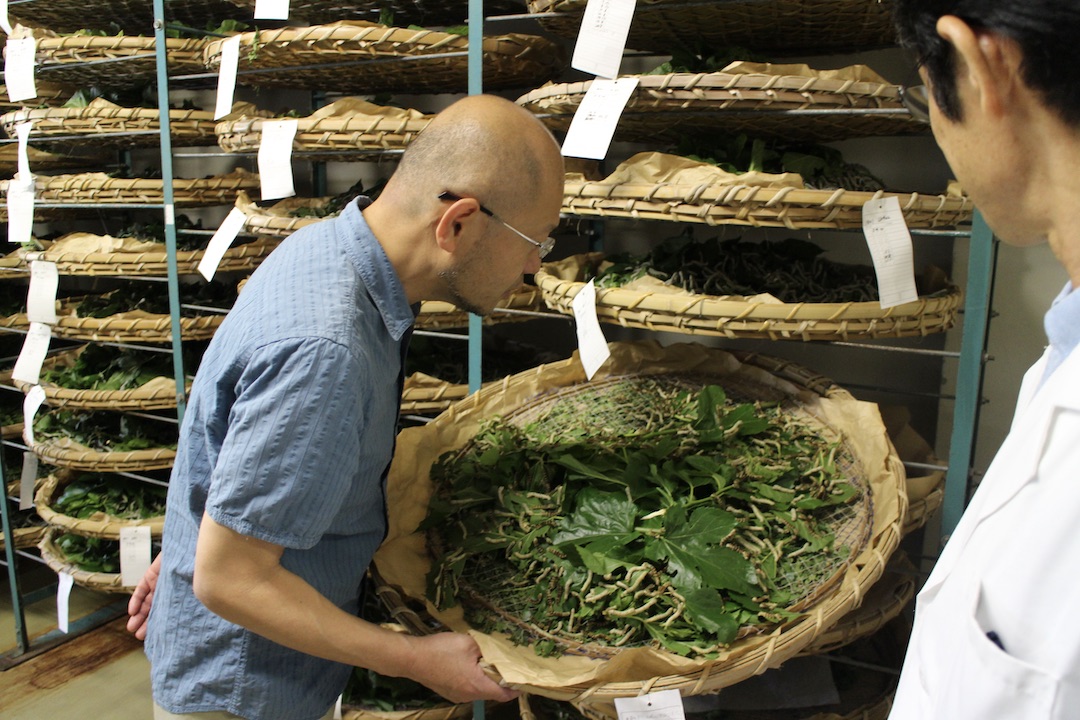
“I was also one of those students when I was an undergraduate,” continued Kusakabe. “When I came back as a researcher, my focus was DNA damage and repair. It was at this time that I began investigating how we can apply our long history in silkworms. About ten to twelve years ago we came up with the possibility of using them as protein bioreactors.”
The most common strategy for making a large amount of a specific protein, for example insulin, is to insert its gene into the genomes of other organisms, which are usually bacteria but are also occasionally yeasts or plants, and get them to produce it. But sometimes, whether due to the complexity of the protein or conditions within the organism, production efficiency is very low.
“For example, virus-like particles for the norovirus can be used as potential vaccines. But they cannot be cultivated in most organisms. However, we found that silkworms not only can make them but can make them efficiently. We spent close to seven years looking for the right silkworm line that could produce a lot of protein in the right conditions,” Kusakabe states. “It’s so efficient that a single silkworm can produce 5 mg of norovirus protein, enough to inoculate 1,000 people.”
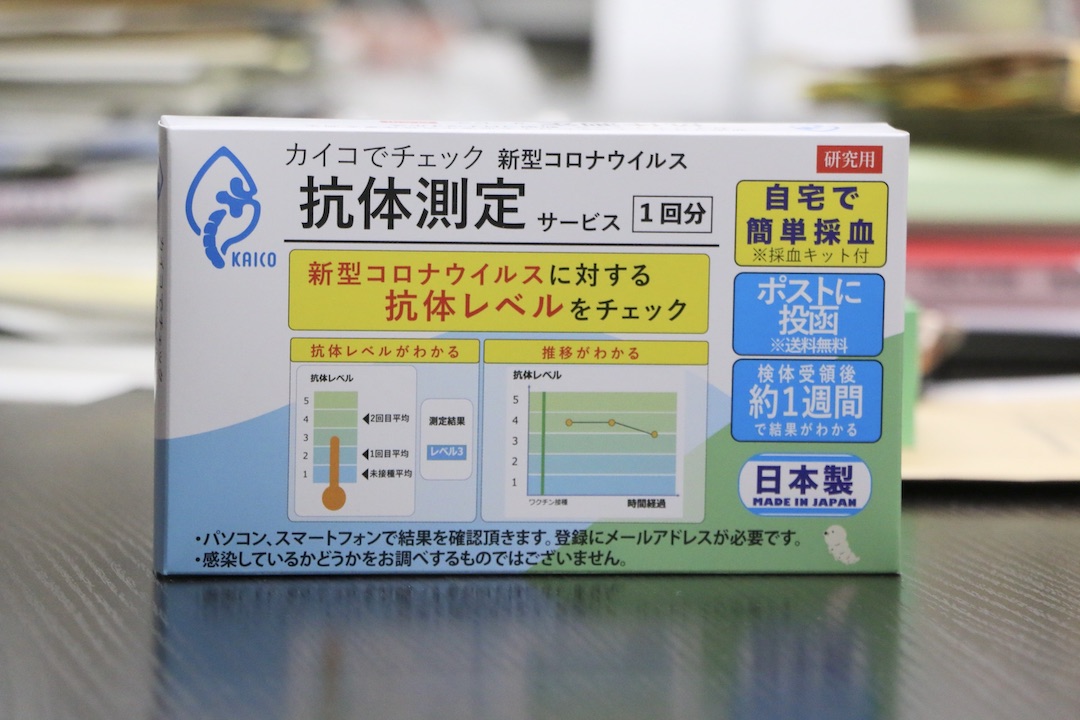
In 2018, in an effort to bring their cumulated knowledge to the public, Kusakabe, Noriho Kamiya of the Faculty of Engineering, and current CEO Kenta Yamato founded the startup KAIKO. They are already partnering with pharmaceutical companies to develop products including a COVID-19 test kit, reagents for research, and even vaccines for livestock.
At the same time, the centuries-long research of silkworm biology is still ongoing, and Kusakabe will continue to pursue the fundamental research that has brought us this far.
“Looking ahead, we are closely investigating insect design to understand the metabolism of insects and make them more efficient bioreactors. If we can understand insects to the core, there is no telling what kind of advances we can make for humanity,” he concludes. “This research could only be done here at Kyushu University, and I want to keep pursuing this original one-of-a-kind resource.”
































